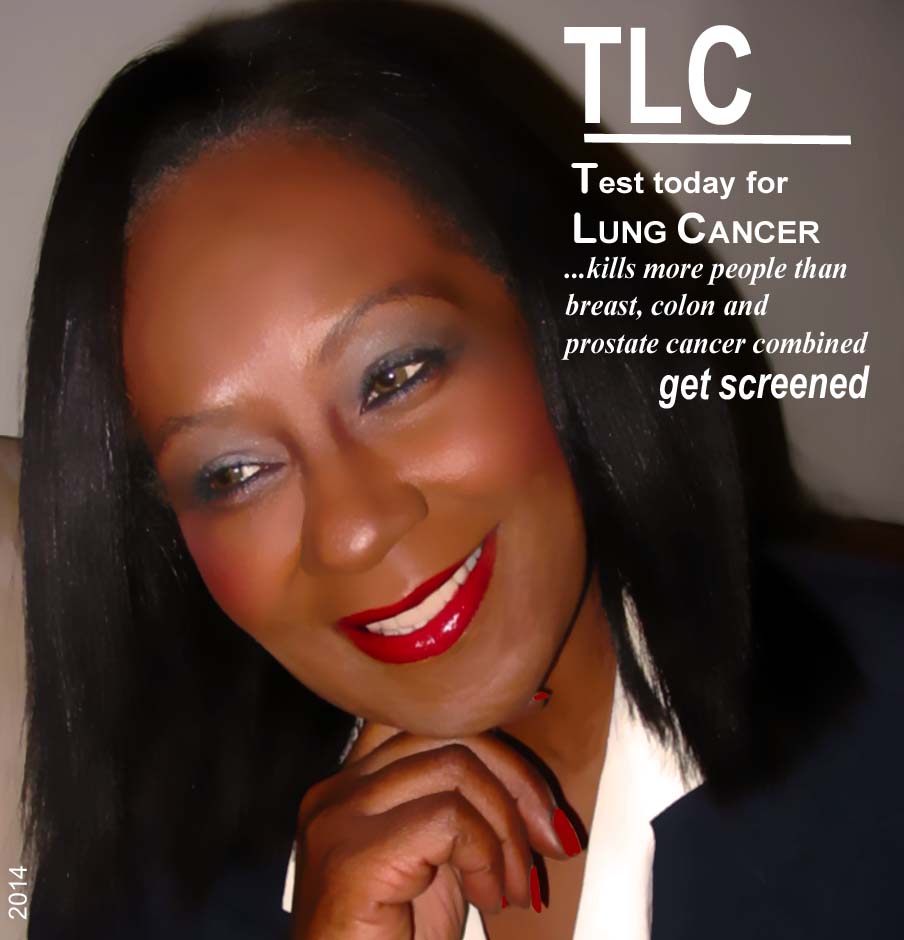 What do you do when a loved one dies and you're the person to give the eulogy? Last weekend I attended the memorial service of my friend, Linda who lost her battle to lung cancer at the age of 63.
Memorial services are usually bittersweet. The service was beautifully inspiring and sad at the same time. The tributes from her sorority sisters gave an insight into her personality and the reader of her legacy left a powerful impression of Linda's contribution of the world. The soloist sang Linda's favorite song with feeling and his voice filled up the room with love.
What do you do when a loved one dies and you're the person to give the eulogy? Last weekend I attended the memorial service of my friend, Linda who lost her battle to lung cancer at the age of 63.
Memorial services are usually bittersweet. The service was beautifully inspiring and sad at the same time. The tributes from her sorority sisters gave an insight into her personality and the reader of her legacy left a powerful impression of Linda's contribution of the world. The soloist sang Linda's favorite song with feeling and his voice filled up the room with love.
The preacher read a passage from the Bible and eloquently spoke about Job, He told us that we had not lost anything. That Linda had been given to us as a gift and we shared that gift for 63 years. His sermon and his delivery were inspiring, uplifting, and impassioned.
While the preacher was a trained public speaker, the day may come when you are tapped to give the eulogy. You don't have to be experienced in public speaking to be effective. Here are six tips to remember when memorializing a loved one's life:
Develop a Time Line. If you don;t know where to begin, draw a horizontal line on your paper and mark down significant events or memories. It can be in 5 or 10 year intervals or any time frame that works.
Discover a Theme. Once you look at the timeline, you may see trends or stories that can be folded into a them. Ex. You always did it your way. You always went the extra mile.
Sequence your Ideas.Next, organize the most important and meaningful events and stories in a sequence that flows and is easy to follow. Don't give a biography of the person's entire life. Keep it brief.
Keep it Positive. Don't dwell on the failings or negative times unless it culminates in a story of the hero's journey. Interjecting humor can help lighten the atmosphere.Talk about the deceased in a positive light but do be genuine. What contributions did the departed make? How did the loved one make people feel? How would that person want to be remembered?
Speak from the Heart. It's fine to use a script or notes, however; tell stories. Don't sound like you're reading a text. If you knew the person, share your experience. Relive the moments and events and give people a sense of the person. And it's okay to cry. Have people nearby and take a minute to compose yourself and continue. The audience will understand.
Bury your Fear. Put your focus on telling the person's story and not on your nervousness.Jerry Seinfeld said it best when he quipped, "Most people would rather be in the casket than giving the eulogy." Remember it's not about you.It's about them.
